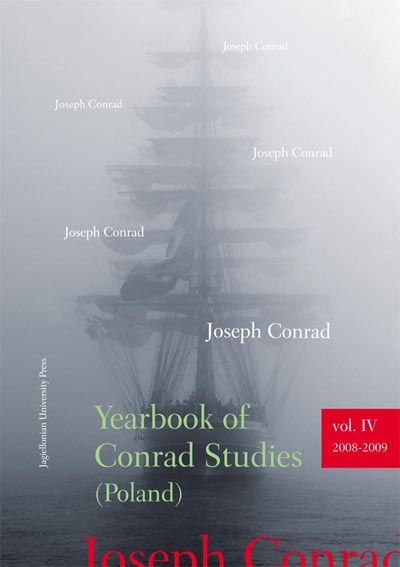Mirrors and money: constructing and de-constructing revolution in Mariano Azuela’s Los de abajo and Joseph Conrad’s Nostromo
Mirrors and money: constructing and de-constructing revolution in Mariano Azuela’s Los de abajo and Joseph Conrad’s Nostromo
Author(s): John G. PetersSubject(s): Literary Texts
Published by: Wydawnictwo Uniwersytetu Jagiellońskiego
Keywords: Mariano Azuela; Joseph Conrad; Latin America; revolution
Summary/Abstract: Mariano Azuela’s Los de abajo (The Underdogs) and Joseph Conrad’s Nostromo are two early fi ctional accounts of Latin American revolutions. Although Azuela’s account is that of an insider (having participated in the Mexican revolution) and Conrad’s is that of an outsider (never having participated in a revolution), each comes to similar conclusions concerning revolution and revolutionary ideals. As has been commonly recognized, both Azuela and Conrad come to criticize the idea of revolution as it appears in their novels. What is signifi cant, however, and what has been much less commonly recognized, is not so much Azuela’s and Conrad’s fi nal conclusions regarding revolution than the narrative means by which each arrives at his critique of revolution. Both Los de abajo and Nostromo present revolutionary causes that profess the overthrow of an oppressive regime and the establishment of a benevolent government in its place. In each case, though, the narrative eventually undermines revolutionary ideals. Both Azuela and Conrad construct the narrative of a Latin American revolution, but at the same time each undercuts that same account by revealing the revolutionaries’ goal to be material gain rather than humanitarian ideals and by revealing the revolutionary governments to be essentially the same as those they seek to overthrow. These larger issues of revolutionary failure appear in the context of the narratives themselves, as both Azuela and Conrad employ narrative techniques that emphasize and uncover the ideological concerns that arise in the novels. The narrative methodology in each novel mirrors the revolutionary movement, although the novels move in opposite directions: Azuela’s narrative moves from clarity to confusion, while Conrad’s narrative moves from confusion to clarity. By moving between narratives of order and disorder, both authors reveal the barrenness and chaos of the revolution, as even the narrative methodology itself mirrors the ideas these novels investigate.
Journal: Yearbook of Conrad Studies (Poland)
- Issue Year: 2008
- Issue No: IV
- Page Range: 133-155
- Page Count: 24
- Language: English

